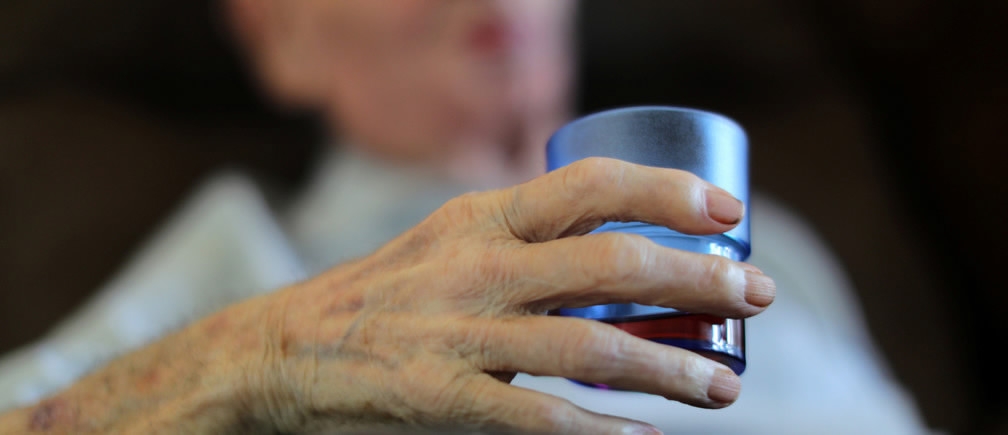
Health
21:40, 17-Dec-2017
Study: High-intensity exercise delays Parkinson's progression

Engaging in high-intensity exercise three times a week is safe for people with early-stage Parkinson's disease and may help decrease the worsening of motor control, according to a multi-site trial led by researchers from Northwestern Medicine and University of Colorado School of Medicine.
The randomized clinical trial included 128 participants aged 40 to 80 years old. Participants enrolled in the study were at an early stage of the disease and not taking Parkinson's medication, ensuring that results from the study were related to exercise and not affected by medication.
Researchers examined the safety and effects of exercise three times a week, for six months at high intensity – 80 to 85 percent of their maximum heart rate – and moderate intensity, 60 to 65 percent of their maximum heart rate. They compared the results to a control group who did not exercise.

High-intensity exercise three times a week is safe for individuals with early-stage Parkinson's disease and decreases worsening of motor symptoms. /VCG Photo
High-intensity exercise three times a week is safe for individuals with early-stage Parkinson's disease and decreases worsening of motor symptoms. /VCG Photo
After six months, participants were rated by clinicians on a Parkinson's disease scale ranging from 0 to 108, with the higher number indicating how far the disease had progressed.
Participants in the study had a score of about 20 before exercise. Those in the high-intensity group stayed at 20. The group with moderate exercise worsened by 1.5 points. The group that did not exercise also saw their score go up by three points.
Three points out of a score of 20 points is a 15 percent change in the primary signs of the disease and considered clinically important to patients. It makes a difference in their quality of life.
"We are stopping people from getting worse, which is significant, particularly if we catch them early in the disease," said Daniel Corcos, professor of physical therapy and human movement sciences at Northwestern University.

Parkinson's disease is the second most common neurodegenerative disorder and the most common movement disorder. /Reuters Photo
Parkinson's disease is the second most common neurodegenerative disorder and the most common movement disorder. /Reuters Photo
"The earlier in the disease you intervene, the more likely it is you can prevent the progression of the disease," Corcos said. "We delayed worsening of symptoms for six months; whether we can prevent progression any longer than six months will require further study."
This is the first time the effects of high-intensity exercise on patients with Parkinson's disease have been tested. Parkinson's disease is the second most common neurodegenerative disorder and the most common movement disorder.
Source(s): Xinhua News Agency

SITEMAP
Copyright © 2018 CGTN. Beijing ICP prepared NO.16065310-3
Copyright © 2018 CGTN. Beijing ICP prepared NO.16065310-3